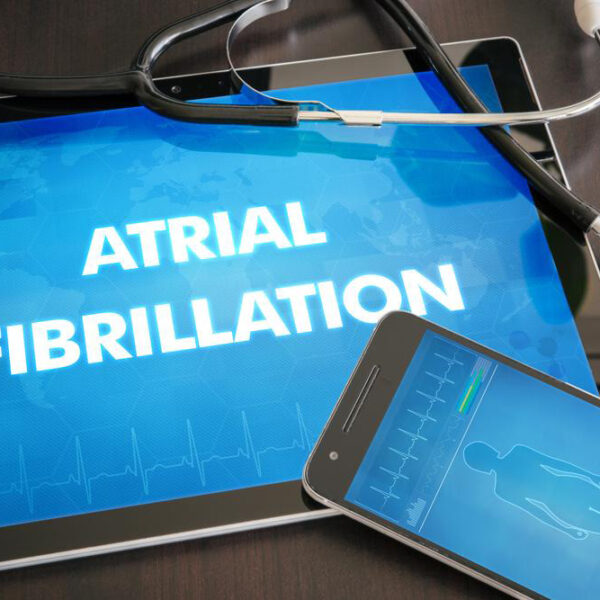
Signs and symptoms of Atrial Fibrillation and how to manage them
Atrial Fibrillation (AFib) normally presents signs and symptoms related to the malfunctioning of heart. As the heart beats fast and its rhythmic contractions are not regular, some symptoms start to appear. They vary from person to person, but the most common are chest pain and activity intolerance. You will feel the urge not to continue with any exercise because the heart is not capable of maintaining a normal rhythmic contraction to supply blood to the lungs and the entire body. Below are some of the symptoms that AFib is indicative of: Manifestation of congestive cardiac failure This is normally a collection of signs that resemble those of heart failure. They include shortness of breath and ischemia of the heart muscles as evidenced by low blood pressure. The patient may also feel tired and experience palpitations as the body has not enough blood to carry its metabolic processes. These signs are found in people experiencing a lowered level of consciousness and decreased mental functioning because the blood is not well supplied to the brain. Manifestations that are normally evidenced through other body systems First, when you are lying down flat, the shortness of breath normally increases. You feel more disturbed and you don’t want to always involve yourself in extraneous exercises.